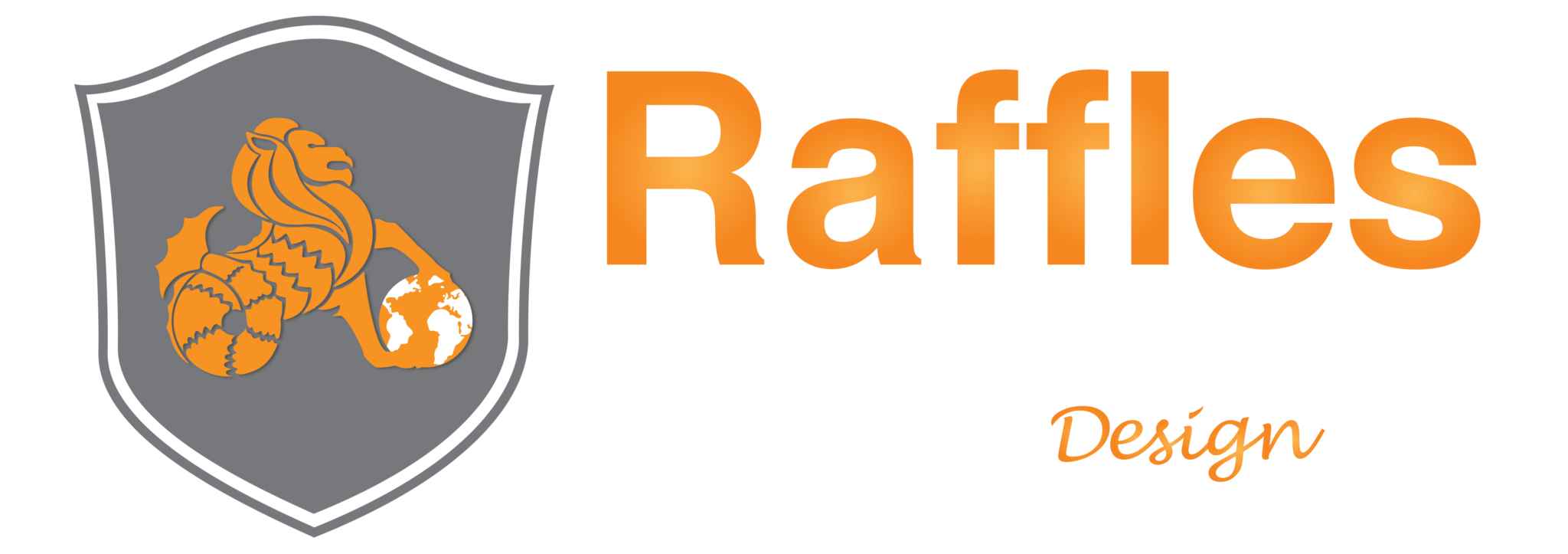ET 401 Setting Up a Small Business Operation 3 (3-0-6)
Explore the processes, challenges, acquisition initiatives, and small business management. Marketing plan small business management Analyze various theories Use of management knowledge Current interesting topics Ethical issues Legal regulations that affect small businesses Analyze the important role of entrepreneurs in the local economy.
ET 402 Business Creativity and Innovation 3 (3-0-6)
Study issues of creativity, forming creativity, and problem solving by using creativity. In addition, study how to transfer creativity into innovation, adding value to the products and services by using creativity, managing organization and conflict by using creativity, creatively developing products and innovations in ways to response the needs of consumers and increase competitiveness for entrepreneurs.
ET 403 Family Business Management 3 (3-0-6)
Study of family business-related operations to help generate new ideas that can be developed in career planning and management of family structure and ties. Conflict mitigation Learning how to create opportunities, including empowering oneself to have a commercial advantage Which will result in family success
ET 404 Financing Small and Medium Business Operations 3 (3-0-6)
Study financial management in forms, as allocation of assets of small and medium enterprises, a study of acquiring capital for business and general financial institution and asset management, and other asset management.
ET 405 Business Planning 3 (3-0-6)
Study about the importance and process of writing a business plan for setting up a new and existing business as a planning tool. And review the concept of business operation to have a systematic and unified operation This includes understanding the principles of writing a business plan and how to present the business plan to the bank. Financial institution to request financial support or invite others to join in.
ET 406 Entrepreneurship in the Global Economy 3 (3-0-6)
Study the way of owning a business in the world market. By analyzing and evaluating the environmental factors of economic, political, social, legal and technological environment that affect the opportunities and obstacles of business operations. They study both theories and case studies to help students understand how to plan and assess the feasibility of business development in the global marketplace. Including studying methods of organization, marketing, financial management and human resource management. Knowledge management Cultural management of multinational companies for the benefit of managing business effectively.
ET 407 Leadership and Motivation 3 (3-0-6)
Study the meaning and style of leaders. The role of leaders in motivating And cooperation of personnel at all levels in the organization By enhancing personality human relations As well as practice skills And the ability to be an executive And develop the ability to lead effectively; study the role, meaning of motivation The importance of motivation Concepts and theories of motivation Monetary and non-monetary incentive theories. Factors that cause work motivation Concept of salary As well as applying motivation principles to appropriate applications to increase organizational productivity
ET 408 Managing a Small and Medium Enterprise 3 (3-0-6)
Study small and medium enterprise management and learn how to write business plan, developing concepts in managing small and medium enterprises, small and medium enterprise in different aspects such as marketing, finance, management, essential law and regulations for small and medium enterprises and study problems of small and medium enterprises such as lacking capital or sourcing of funds, shortage of production resources, threats from modern trade and study how to cope with the change, change management and business problem solving.
ET 409 Entrepreneurship and New Business Development 3 (3-0-6)
This course provides students with an overview of opportunity assessment and the entrepreneurial process that will enable them to define, develop and promote innovative initiatives, either through the creation of a new for-profit or non-profit venture or as a value-added component to an existing venture or within the corporate environment. The course explores the basic elements of idea generation, the entrepreneurial process, and the innovative business model, through readings, lectures, case analysis and discussion. This is a tactical and results oriented exercise, designed to be applied to new venture concept or to discover a fresh and innovative approach to a ‘current and real-world’ business problem. Graduates will be equipped with the capability to adopt innovative approaches subject to given circumstances in order to launch the business implementation plan.
Concentration Course (Supply Chain and Logistics Operations) (30 credits)
Credits (lecture-practice-self-study)
SL 501 Supply Chain and Logistics Management 3 (3-0-6)
The course surveys the main managerial and organizational challenges in logistics, including the role of information technology and the relationships between logistics and financial performance. Topics covered include the main functions of logistics operation including supply and demand management, distribution network management, warehouse and material management, transportation, and international operations. Students will be given opportunities to work in groups to analyze specific corporate problems in an experiential and stimulating classroom environment.
SL 502 Elements of Transportation 3 (3-0-6)
This course has been developed to promote an understanding of key concepts and practical knowledge of transportation as it applies to modern supply chain networks. The course introduces to the links of transportation in the global economy and supply chain management and exposes students to the different transportation technologies and their combination into multimodal systems. The core content of the course takes an applied view to study the transportation systems and the management of physical distribution across the channels types and structures. Students will be exposed to the various aspect of transportation management including transportation planning and optimization, transportation execution through the private fleet, and third-party logistics. The course introduces students to the key concepts and methods in determining costing and pricing for transportation, it covers the operational and regulatory processes as well required prior to shipping.
SL 503 Materials and Inventory Management 3 (3-0-6)
This course aims to provide students with comprehensive and practical knowledge in planning and controlling the flows of materials within and between warehouses to foster productivity and customer service. Students will be introduced to the various methods in demand forecasting, production planning, and its derivation in material requirement planning and purchasing. Emphasis will be placed on inventory management to familiarize students with the different types of inventories, their physical counting, and valuation methodologies. Includes the study of the various types of order quantity determination for dependent and independent demands.





